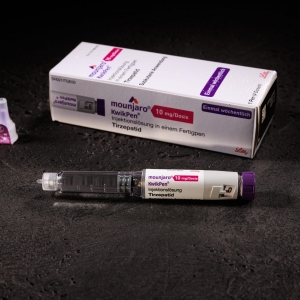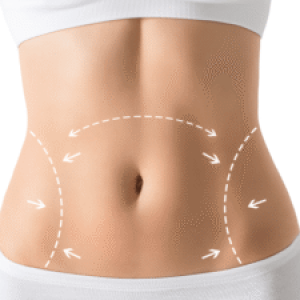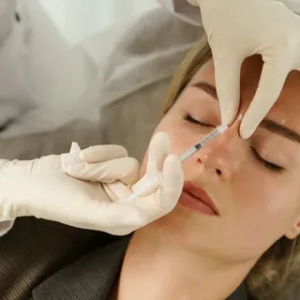The performance of pharmaceutical rubber stoppers is heavily influenced by the quality and type of rubber material used. Bromobutyl and chlorobutyl rubbers are the most common choices due to their excellent impermeability and low extractable content. These materials provide a tight, reliable seal while minimizing the risk of chemical interaction with the medication.
Natural rubber, while flexible, is less commonly used in pharmaceutical applications because it can contain higher levels of extractables and impurities, which may pose contamination risks.
Silicone rubber stoppers are also used for certain applications where higher temperature resistance or elasticity is needed, but they generally have lower chemical resistance compared to butyl rubbers.
A pharmaceutical rubber stopper's primary role is to maintain the sterility and stability of the drug product by forming an effective seal. The stopper must fit securely within the vial neck to prevent ingress of microbes, air, and moisture, which could compromise the drug's quality.
Pharmaceutical stoppers are precision-engineered to have exact dimensions and hardness to ensure uniform sealing pressure. Their surface is often coated or treated to facilitate smooth insertion and removal by syringe needles without coring—where tiny rubber fragments are dislodged, which could contaminate the medication.
The stopper's ability to maintain an airtight seal over extended storage periods, including under refrigeration or sterilization conditions, is essential. Proper sealing prevents evaporation of volatile components and protects the drug from degradation due to environmental exposure.
Pharmaceutical rubber stoppers must exhibit high chemical resistance to avoid interaction with the drug product. Compatibility testing ensures that the rubber material does not react chemically with the contents, which could lead to changes in drug efficacy, toxicity, or shelf life.
Butyl rubbers have excellent resistance to a wide range of chemicals, including acids, bases, and solvents, making them suitable for most injectable medications and vaccines. Silicone rubbers, while more permeable, offer advantages for formulations sensitive to certain chemicals or requiring high elasticity.

https://www.klstopper.com/product/pharmaceutical-rubber-stopper/polyisoprene-rubber-pad-for-soft-transfusion-bag.html
Stable production, Mature technology, Quality stability. It has been normally supplied to Baxter Suzhou Plant for 10 years.
Pure formula and Good compatibility,which can meet the requirements of Baxter for all testing items of rubber stoppers and all the requirements of the national YBB standard.
Unique, stable and highly automated chlorination process ensures the uniformity of chlorination and ensures the high-speed online rate of the Suzhou plant
Special vulcanization and treatment process ensures the stability and drug compatibility of the stopper, and conforms to the biological safety and toxicological properties






